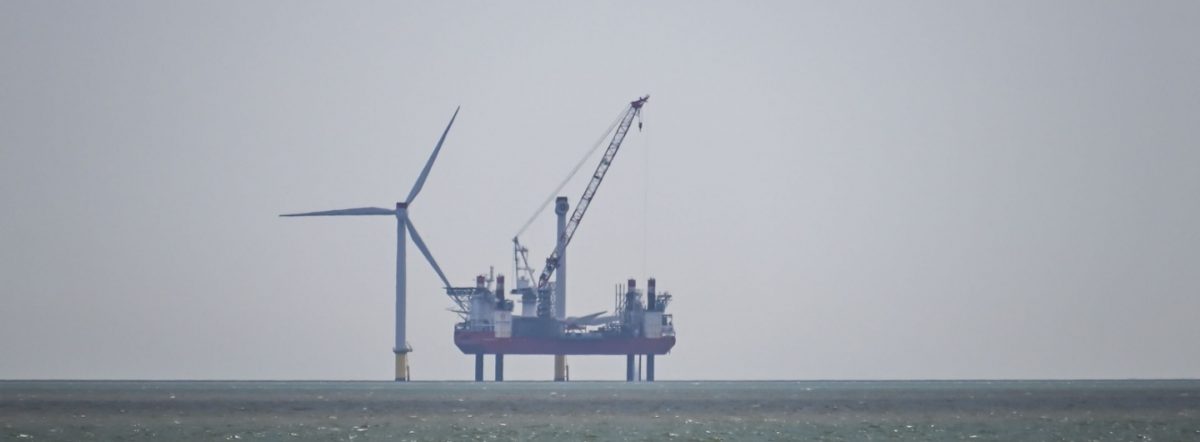Three quarters (74%) of the public are worried about the global insecurity of energy prices over the next five years, according to new research for the Warm This Winter campaign. [1]
The figures found that two-thirds (67%) of the country are concerned about the impact of the UK’s reliance on oil and gas, while half (53%) are worried by the potential for the country not to build renewables fast enough over the next five years.
As the Ofgem price cap rises by 1.2% on 1 January 2025, four-fifths (79%) of the public are worried about the potential for further energy price rises over the next five years. Average energy bills remain around £700 a year above where they were in winter 2020/21.
The public’s fears are backed up by the latest predictions that show that energy bills are likely to rise again by around 3% in April 2025 and news that gas prices could rise again.
With households struggling through a fourth winter of the energy bills crisis, levels of energy debt have soared to record levels. Meanwhile 20 energy firms have made more than £483 billion in profits in recent years. [2]
A spokesperson for the End Fuel Poverty Coalition, commented:
“The public have seen first hand the impact of the energy bills crisis – driven by the UK’s reliance on volatile energy markets.
“Millions of people are living in cold damp homes, unable to heat their homes to a safe temperature or racking up massive debts – with some even turning to loan sharks.
“To add insult to injury, around a quarter of what is spent on heating our draughty properties is wasted, because the UK’s old housing stock is some of the worst insulated in Europe.
“2025 will be a momentous year for setting the future direction of energy policy with reforms to Ofgem itself, changes to standing charges and overhaul of electricity markets on the cards as well as the roll out of the Clean Power Plan.
“But the UK government needs to ensure that those suffering now are not abandoned. This means more support for households through a social tariff and delivering on its promise to help people to insulate their homes.”
Warm This Winter spokesperson Caroline Simpson said:
“As the latest price cap rise means energy bills will be 67% above what they were in winter 2020/21 we need long term solutions.
“A comprehensive insulation programme is the quickest and easiest way to bring down bills permanently because in real terms the average household is paying more than £700 extra to use similar levels of energy as a few winters ago.
“We have 8.8 million adults living in cold damp homes, exposed to the health complications that come from living in fuel poverty and while we welcome recent initiatives from Ofgem, insulation and ramping up renewables to get us off volatile oil and gas for good, is what we need.
“That has overwhelming support from people in the UK with eight in 10 backing an increase in the construction of offshore wind turbines and solar panel farms and three quarters (74%) supporting onshore wind farms. We urge the Government to get on with the job they have started on that road to permanently lowering bills for all.”
For older people, the changing price cap means that over the coldest months of the year, the poorest pensioners who have had the winter fuel payments taken away from them have had to find an extra £522 just to use the same, average household, level of energy. [3]
ENDS
[1] Opinium conducted an online survey of 2,000 UK adults between 22nd and 26th November 2024. Results have been weighted to be nationally representative.
[2] Consumer energy debt now stands at £3.82bn (Ofgem, December 2024). Profits figures released on 28 December 2024.
[3] Price cap for 1 Oct to 31 Dec 2023 stood at £1,834. As that is an annual figure, we divide it by 4 = £458.50 for the average household energy costs in that period. Price cap for 1 Jan 2024 to 31 Mar 2024 was £1,928, divided by 4 = £482. So the average household’s energy bill for the six months 1 Oct 23 to 31 Mar 24 was £940.50.

